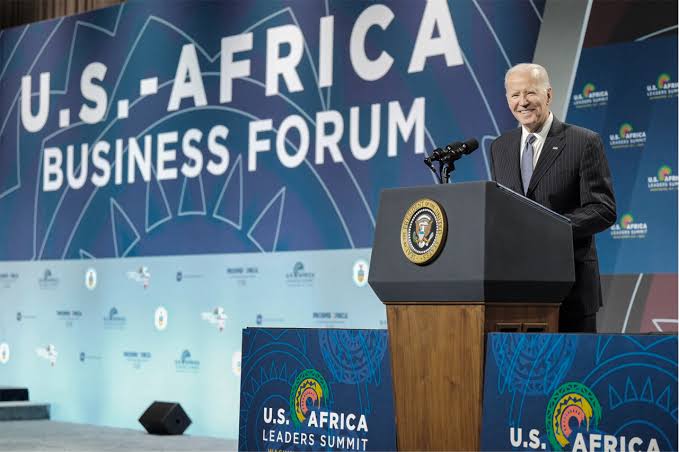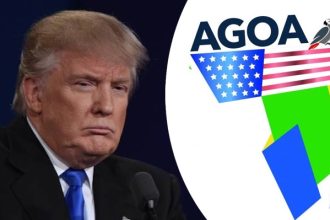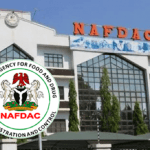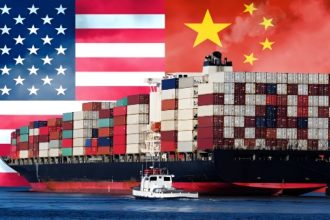African trade ministers are urging the United States government to consider the future of AGOA post-2025.
The ministers are urging the US to overhaul the trade deal that has opened the US market to African products and renew it this year rather than wait until the duty-free pact expires in 2025 following its 10-year renewal cycle.
Created in 2000 and renewed in 2015, AGOA is a U.S. government trade program that gives countries in sub-Saharan Africa preferential access to U.S. markets, allowing them to export products to the United States tariff-free.
Renewing the African Growth and Opportunity Act AGOA immediately would remove uncertainty about the future of the pact and allow for suppliers and partners to better plan and maintain investments in African economies, ministers said during this week’s U.S.-Africa Business Summit in Botswana.
“We are speaking with the same voice that AGOA should be extended,” said Botswana’s trade minister Mmusi Kgafela at a summit panel on Wednesday. He said he and other African ministers want “an indefinite period” for the act. This would do away with the uncertainty involved around the current 10-year renewal cycle.
“There is a compelling case to reauthorize the AGOA now,” wrote Daniel F. Runde and Thomas Bryja for the Washington DC-based Center for Strategic and International Studies (CSIS) in a new paper on calling for AGOA to be renewed.
There was also a call by ministers yesterday for the AGOA rules to be streamlined and made less cumbersome in order for more countries to be able to benefit more from the program.
What do you think?
Has the African Growth and Opportunity Act (AGOA) achieved its goal of improving trade and investment between the U.S. and Africa?
Created in 2000 and renewed in 2015, AGOA is a U.S. government trade program that gives countries in sub-Saharan Africa preferential access to U.S. markets, allowing them to export products to the United States tariff-free.
AGOA has certainly helped boost African exports to the United States, but the trade data raise questions about why some countries are better able to capitalize on the preferential trade rules.
















